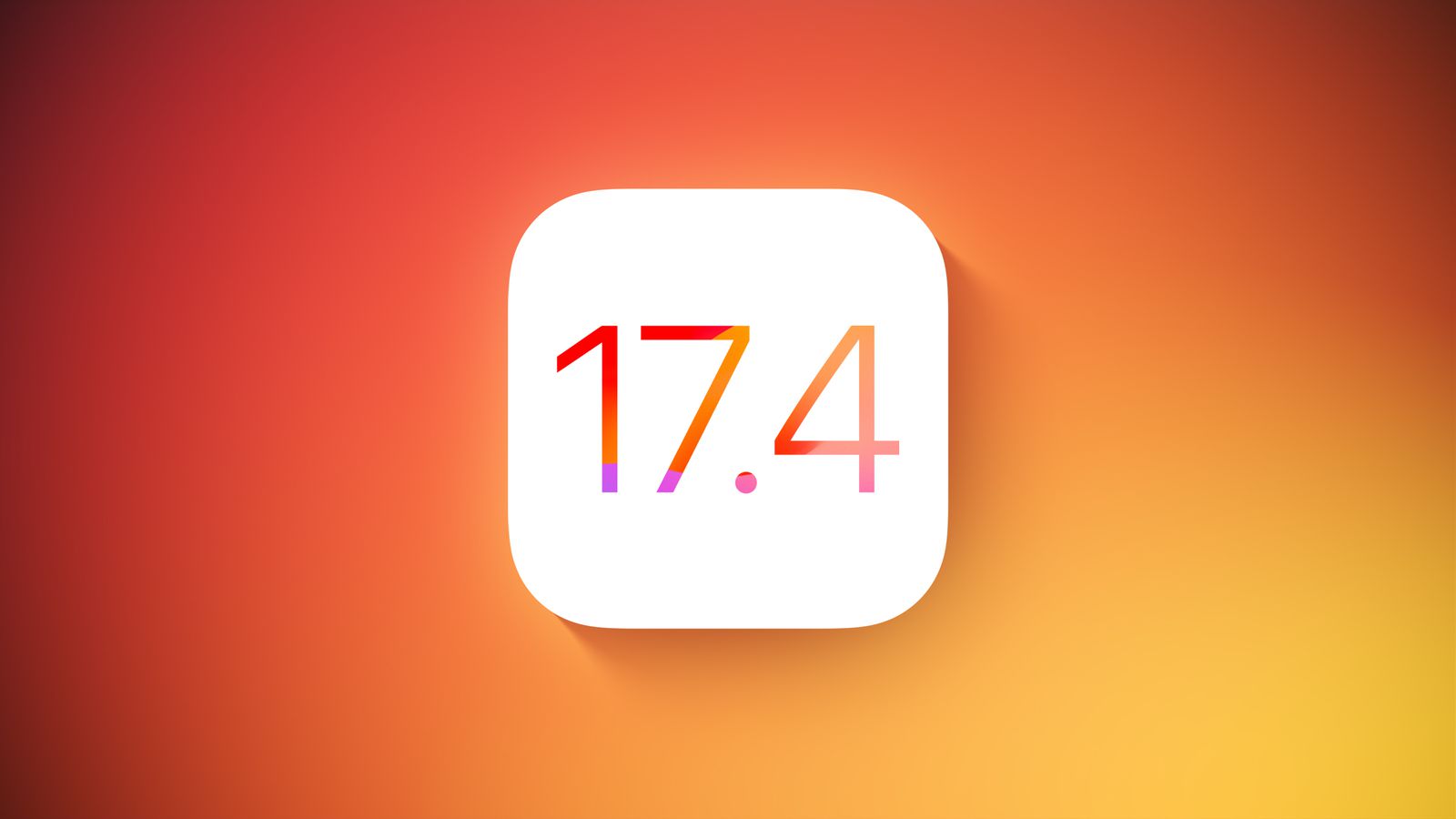In a decisive turn of events that’s shaking up the tech community, the Apple iOS 17.4 update beta release has sparked widespread discussion and speculation. The update brings a significant change that directly impacts iPhone users across the European Union: the disabling of Home Screen Progressive Web Apps (PWAs).
This move, confirmed by Apple, is not just a temporary bug fix but a permanent shift in response to the intricate web of security, privacy, and regulatory requirements in Europe.

Apple iOS 17.4 update: The End of Home Screen PWAs in the EU
Apple’s announcement has made it clear that after the Apple iOS 17.4 update, the functionality of PWAs on the Home Screen will be curtailed within the EU. The reason behind this bold step is rooted in the need to adapt to the support for alternative browser engines, a move that introduces a complex of security risks and necessitates a considerable overhaul of the existing app ecosystem architecture.
“Due to the support for alternative browser engines in Apple iOS 17.4 update and the accompanying security risks and work required to implement a new solution, users in the EU will not have access to Home Screen web apps,” Apple elaborated in a statement on its Developer website.
This decision underscores the technological and regulatory challenges faced by major tech companies as they navigate the evolving digital landscape in Europe.

The Core of the Matter: Security, Privacy, and the DMA
At the heart of Apple’s decision is a deep commitment to aligning with the stringent privacy and security model for native apps on iOS.
The integration of Home Screen web apps with WebKit’s security architecture in the Apple iOS 17.4 update has traditionally ensured that these apps adhere to high standards of storage isolation and system prompts for accessing privacy functions on a per-site basis.
Apple’s stance is that without these measures, malicious web apps could potentially exploit other web apps, accessing sensitive user data and device features such as the camera, microphone, and location without consent.
Addressing these concerns would require the creation of a new integration architecture—an endeavor deemed impractical by Apple in light of the Digital Markets Act (DMA) requirements and the relatively low usage of Home Screen web apps.
iOS 17.4 Nerfs Web Apps in the EU https://t.co/U0pCRWMC8X pic.twitter.com/onwDnFfzkp
— MacRumors.com (@MacRumors) February 8, 2024
A Shift in User Experience: What It Means for iPhone Users in the EU
For iPhone aficionados in the European Union, this Apple iOS 17.4 update signals a shift in how web apps will be accessed and experienced. While Home Screen bookmarks to websites remain an option, the full suite of PWA features, including long-term local storage and notifications, will be conspicuously absent.
Web apps will now launch in Safari or the user’s default browser, marking a departure from the dedicated window experience previously offered by PWAs.
Apple acknowledges the direct influence of DMA compliance on this change, emphasizing its impact on a “small number of users.” Nonetheless, the tech giant expresses regret over the potential disruption to developers and users who have come to rely on Home Screen web apps for a seamless, integrated mobile experience.

Looking Ahead: Adapting to the App Store’s New European Landscape
The Apple iOS 17.4 update to Home Screen web apps is just one facet of a broader series of changes Apple is implementing in the EU. These adaptations include opening the doors to alternative app marketplaces, supporting different payment methods, and allowing the use of various browser engines.
As the digital environment continues to evolve, both developers and users will need to navigate these changes, finding new ways to optimize their app experiences within the framework of enhanced security, privacy, and regulatory compliance.
In the grand scheme of things, Apple’s recent Apple iOS 17.4 update is a pivotal moment in the ongoing dialogue between technology providers, regulators, and users. It highlights the complex interplay between innovation, security, and the imperative to safeguard user privacy in an increasingly interconnected digital world.
As we move forward, the tech community will undoubtedly watch closely to see how these changes unfold and what they mean for the future of app development and user engagement in the European Union.










